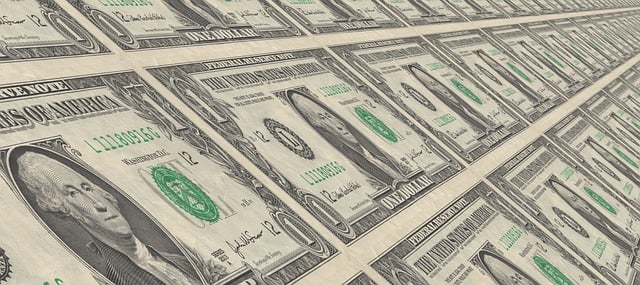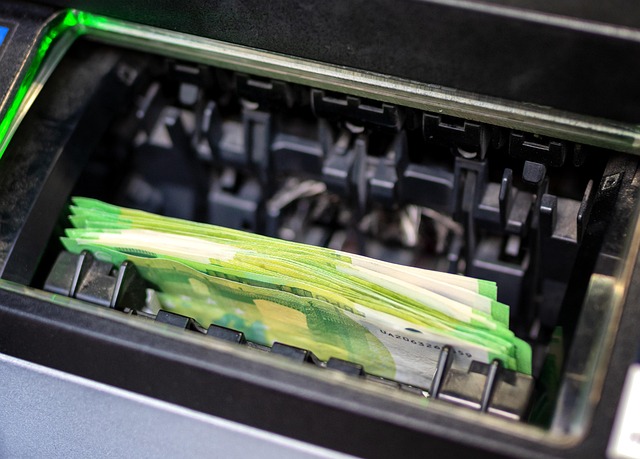A car title loan foreclosure carries severe financial consequences for borrowers, including vehicle repossession, immediate settlement of outstanding balances with no flexibility, and significant strain on finances. This event damages credit scores, making it harder to secure future loans or favorable interest rates, and can limit access to essential services. Negative reporting by lenders to credit bureaus lasts for years, hindering borrowing capabilities and forcing individuals into high-interest lending options, further complicating financial stability. Rebuilding credit history after a car title loan foreclosure requires significant effort and time.
The long-term effects of a car title loan foreclosure can significantly impact an individual’s financial health and future opportunities. This article delves into the multifaceted consequences, exploring the immediate financial setbacks and lasting credit score implications. We dissect the legal procedures and repossession rights, guiding borrowers through the complex process. Additionally, practical strategies for recovery are presented, emphasizing stabilizing finances, rebuilding credit, and accessing supportive resources to overcome this challenging experience. Understanding these implications is crucial for those navigating car title loan foreclosures.
- Financial Impact and Credit Score Implications
- – The immediate financial consequences for borrowers post foreclosure.
- – Long-term credit score effects and how it affects future borrowing opportunities.
Financial Impact and Credit Score Implications

A car title loan foreclosure can have significant financial implications for borrowers. When a borrower defaults on their loan payments, they risk losing their vehicle to the lender as partial or full satisfaction of the debt. This forced sale often results in borrowers facing substantial financial losses, as the proceeds from selling the vehicle may not be enough to cover the outstanding loan balance. Additionally, individuals who default on these loans can expect a severe impact on their credit scores, making it more challenging to secure future financing options.
The credit score implications are especially dire due to the nature of car title loans, which often come with shorter loan terms and higher interest rates compared to traditional loans. Missed or late payments can lead to a cascade of negative items on one’s credit report, including default judgments and repossession records. These marks stay on a person’s credit history for years, affecting their ability to access affordable loan products and potentially hindering financial opportunities in the future, particularly when considering another loan extension or title pawn.
– The immediate financial consequences for borrowers post foreclosure.

Following a car title loan foreclosure, borrowers often face immediate and severe financial consequences. The process typically involves repossession of the vehicle, leading to a sudden loss of transportation. This can disrupt daily commutes, limit access to essential services, and hinder opportunities for employment or social activities. Additionally, borrowers are responsible for settling any outstanding loan balances, which can significantly strain their finances. Repayment expectations are usually immediate, with no flexibility in payments (flexible payments), further exacerbating the situation.
The financial impact extends beyond the immediate loss of the vehicle. The foreclosure event reflects poorly on a borrower’s credit score, making it more challenging to secure future loans or favorable interest rates. This can limit access to other financial services and delay significant life milestones that typically rely on creditworthiness. Moreover, borrowers may be left with a lower vehicle valuation due to the repossession, impacting their ability to leverage the asset for future loans based on its value (vehicle valuation).
– Long-term credit score effects and how it affects future borrowing opportunities.

Car title loan foreclosure has significant long-term implications for borrowers, especially regarding their credit score and future borrowing abilities. When a borrower defaults on repayments, it can lead to severe damage to their financial standing. Lenders will report this event to credit bureaus, marking the borrower’s credit file with a negative entry, which stays on record for several years. This negatively affects the individual’s creditworthiness, making it harder to obtain new loans or even secure favorable interest rates in the future.
The impact can extend beyond traditional borrowing opportunities. With a lower credit score, individuals might find themselves restricted to high-interest alternatives, such as payday loans, which further exacerbate financial strain. Moreover, this can limit access to essential services like mortgage loans, car purchases, or even rental agreements that require proof of financial stability. It’s a cycle that can be challenging to break without significant effort and time to rebuild one’s credit history.
Car title loan foreclosure has significant long-term implications, deeply affecting borrowers’ financial stability and future borrowing prospects. The immediate financial impact can be devastating, with high interest rates and fees leading to a cycle of debt. Furthermore, the negative credit score effects persist for years, making it challenging to secure loans or favorable interest rates in the future. Understanding these foreclosure implications is crucial for borrowers looking to avoid long-term financial setbacks and maintain a healthy credit profile.






